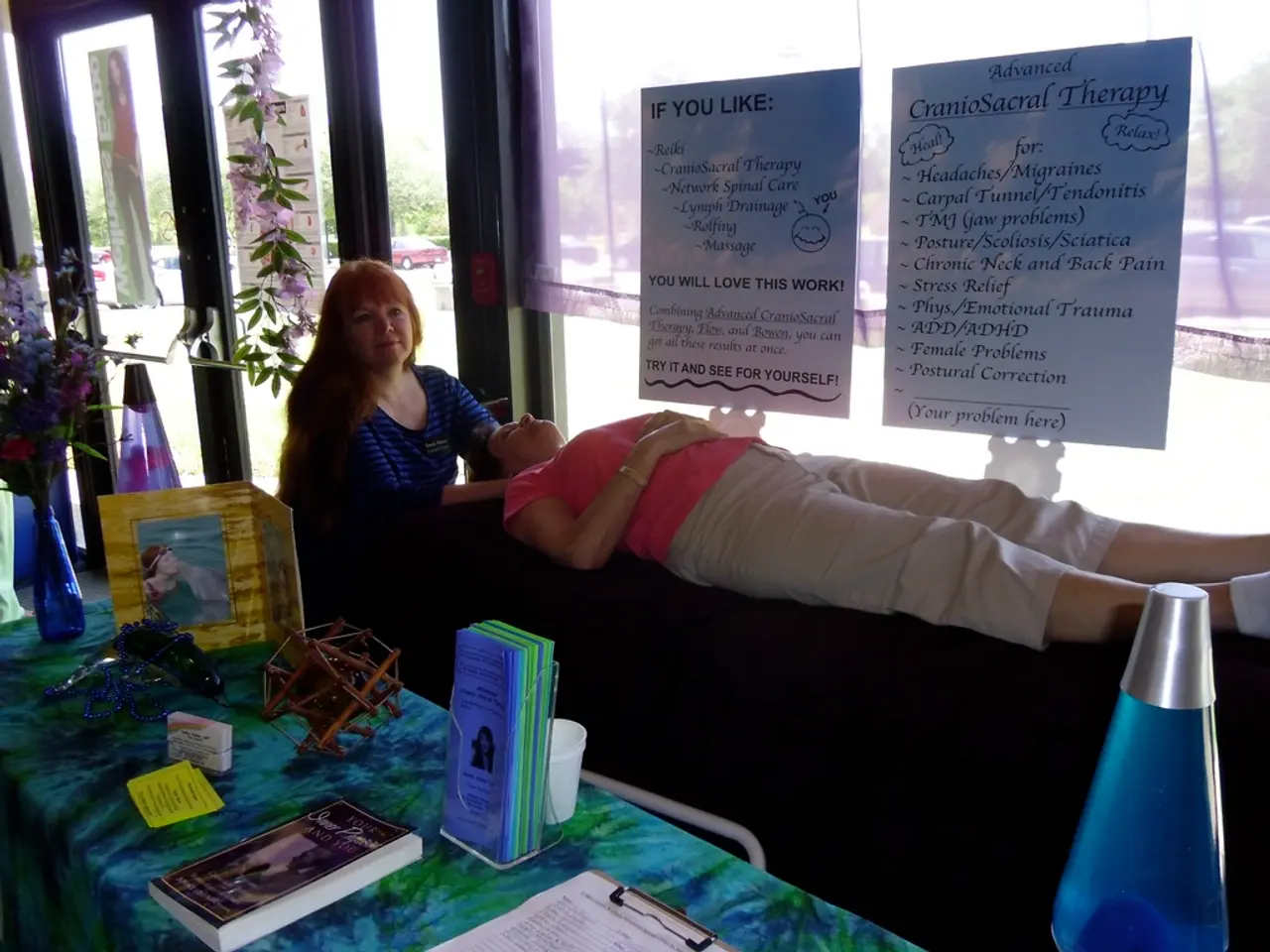Infidelity Recovery: Managing Jealousy, Forgiveness, and Restoring Trust
In the aftermath of infidelity, a couple's bond can be severely tested. However, with commitment and effort, it is possible to rebuild trust and heal the wounds.
The unfaithful partner plays a crucial role in helping the other regain a sense of safety and rebuild trust. This involves admitting to the indiscretion, accepting and standing by certain conditions, and demonstrating a willingness to change.
Admitting to any sexual addiction that contributed to the problem, without minimizing or explaining it away, and seeking help from a mental health professional is a vital step. Similarly, addressing any substance abuse problems is essential for a successful recovery.
Getting tested for sexually transmitted diseases is another important action. Stopping all contact with previous lovers and agreeing to have bank statements, phone logs, bills, emails, and social network accounts monitored by your partner for an indefinite period of time can help alleviate suspicions and promote transparency.
The hurt partner may experience a range of emotions, including sadness, disappointment, anger, fears, suspicions, and jealousy. Using empathy and active listening skills can help your partner express these feelings safely and constructively.
In couples therapy, both partners should examine their beliefs, hopes, and expectations about love, sex, and forgiveness. This process can help them understand the root causes of the infidelity and work towards rebuilding trust.
Identifying mindful actions that your partner can do for you, asking for these helpful behaviors, and expressing appreciation for demonstrations of caring can help foster a sense of security and mutual respect.
Some couples choose to save their relationship despite infidelity, based on shared good times and commitment. In these cases, giving up secrecy and defensiveness and instead adopting full transparency, honest communication, and a willingness to seek professional counseling can help rebuild trust and understanding.
However, forgiving a betrayal is a complex process that not every relationship may recover from. The mind of the hurt partner remains on full alert, despite efforts to calm down and focus on forgiveness. A sense of despair and broken trust are common emotions experienced after infidelity, and it may take time for these feelings to subside.
Self-centered, dishonest, entitled, irresponsible, impulsive, and aggressive individuals often struggle with faithfulness. If these traits are present in the unfaithful partner, seeking professional help may be necessary to address these deeper issues and promote lasting change.
In conclusion, rebuilding trust after infidelity is a challenging journey, but it is possible with commitment, effort, and the right support. By following these steps and working together, couples can overcome the obstacles and emerge stronger than ever.
Read also:
- Peptide YY (PYY): Exploring its Role in Appetite Suppression, Intestinal Health, and Cognitive Links
- Toddler Health: Rotavirus Signs, Origins, and Potential Complications
- Digestive issues and heart discomfort: Root causes and associated health conditions
- House Infernos: Deadly Hazards Surpassing the Flames







